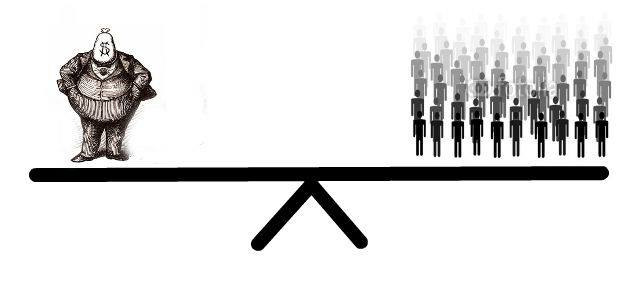December 13, 2017

Voqal recently embarked on a follow-on research effort to understand more deeply the shifting dynamics of the money-in-politics (MiP) field and identify the best role for Voqal going forward. This week, as part of our ongoing series about Voqal’s strategic philanthropic investments to get money out of politics, we focus on the third theme from this research — the importance of issue framing.
Theme 3: Issue framing – a persuasive narrative delivered by those who have benefited directly or stand the most to gain (or lose) from the policy change – is essential.
The jury is still out on the merits of broadening the approach of efforts to diminish the influence of wealthy and special interests in politics to encompass “democracy reforms.” How to frame the issue was a common thread on which each key informant opined. Some mused about the need to broaden the narrative to a larger frame. As one key informant noted, a shift may be needed “that talks about the broader threats to our democracy and how these solutions are addressing the most essential problems that we’re facing as Americans, which tend to be economic problems, and are the real drivers around voting and engagement in the process.”
Another was more emphatic about the need to “pivot to democracy” at a time when democratic institutions are perceived to be under siege and consider where tactics to reinforce and preserve voting rights, (e.g., automatic voter registration and ranked choice voting), intersect with MiP. “When [conservatives] introduce voting suppression tactics, like voter ID, we should be in there raising legislative endpoints with our friends and legislators around the need for corporate donation limits and get the conversation started about leveling the playing field. The silos have to end.”
A third argued that reformers are not capitalizing on the increasing “salience” of the money-in-politics issue among voters. According to the polling data, said this key informant, “When we look at democracy reform more broadly, people have no idea what you’re talking about, like what [the] specific polices are around reforming our democracy that should happen, with the exception of getting money out of politics. That is the number-one thing that pops.”
Advocates and funders alike in this space agree that these efforts are aimed at creating and preserving equity and a healthy democracy – particularly for those at the margins of society – to shore up basic democratic rights, like free speech and voting rights, while addressing badly corroded campaign finance systems. Executive director of Rainier Valley Corps and intrepid blogger Vu Le implores nonprofits to take a page from the conservative right’s playbook, find new ways of working together by embracing “intersectionality,” and stop playing the “nonprofit hunger games” (partly fueled by donor funding practices).
Key informants are unified in believing that a) framing matters and b) this battle is about removing barriers to participation. As one said, “[Automatic Voter Registration] is one solution, campaign finance reform is another.” In other words, it is possible and perhaps wise to use the same frame for various issues.
Missed the last few blog posts and want to take a deeper dive into Voqal’s money in politics work? Download the Taking Money Out of Politics: A Weighty Lift and Balancing the Scales: The Fight for Our Democracy reports.